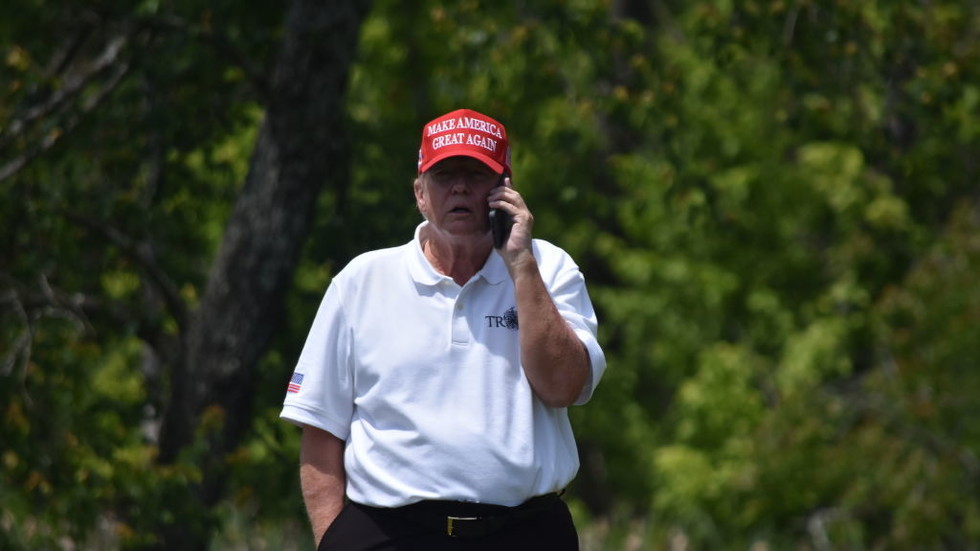The recent leak regarding the proposed diplomatic framework for resolving the Ukraine conflict, attributed to Keith Kellogg, who is President-elect Donald Trump’s anticipated special envoy to Kiev, has brought forth a variety of responses, particularly from Moscow. Leaking such information aligns with established practices in Western political culture, aiming to gauge reactions from involved parties before embarking on official negotiations. The backdrop of this situation is the arrival of Trump’s administration, which is expected to adopt a posture of “peace from a position of strength” in its dealings with Russia, specifically addressed through a potential dialogue with President Vladimir Putin. The leaks serve as a means to both test and shape the diplomatic landscape while raising questions about the viability of negotiations under the proposed terms.
Upon Trump’s inauguration, it would be strategic for him to reach out to Putin to propose sending a high-level envoy to Moscow. This gesture may lead to Putin’s agreement to meet with Kellogg or another senior official from the U.S. However, the prospect of successful talks hinges primarily on the substantive nature of the proposals put forth by Washington. Presently, early disclosures suggest that the framework aligns poorly with the Russian perspective, as the proposals fail to acknowledge or address the core issues driving the Ukraine crisis. Russia’s stance emphasizes the importance of tackling the underlying causes of the conflict rather than merely managing its aftermath.
In this context, potential negotiations could extend beyond the immediate issues of Ukraine, encompassing broader themes of military and political stability across Europe and related regions. If Trump is inclined to engage in discussions regarding this wider context, there may be an opening for constructive dialogue. Alternatively, if he opts for a more aggressive approach, the risk of an intensified conflict will increase, leaving the U.S. with the responsibility of directing support for Ukraine and placing additional pressure on European NATO allies. Each path presents significant challenges, particularly given the current political climates in European nations.
As tensions mount, the dynamics within Western Europe further complicate the situation. Leaders such as German Chancellor Olaf Scholz face electoral challenges that could destabilize their governments, while British Prime Minister Keir Starmer is focused on bolstering the UK’s international image. Concurrently, French President Emmanuel Macron’s weakened political position poses limitations on France’s role in sustaining a united front regarding support for Ukraine. The resulting uncertainty raises concerns about Western Europe’s collective resolve to continue backing military operations in Ukraine, especially in the absence of strong U.S. leadership.
Trump’s window of opportunity to foster diplomatic efforts will be narrow, commencing immediately upon taking office. A phone call to Moscow may prove crucial in assessing the scope for potential negotiations and exploring the landscape of diplomacy in an increasingly militarized global context. It may also provide insight into whether Russia shows receptiveness to U.S. overtures or if the approach will foster further divisions. Understanding Moscow’s willingness to negotiate, as well as the genuine conditions that could promote stability, will be key objectives for the new administration.
In conclusion, while the leaked proposals may have initially seemed provocative or dismissive to Moscow, the pathway forward necessitates productive dialogue that reflects an understanding of the conflict’s roots. The path to peace depends on the U.S. recognizing the complexities of the Ukrainian situation and the broader geopolitical environment, thereby allowing for a genuine conversation that could lead to a more stable European security architecture. The outcome will ultimately shape U.S.-Russia relations and the future interactions among European allies regarding the ongoing conflict.

